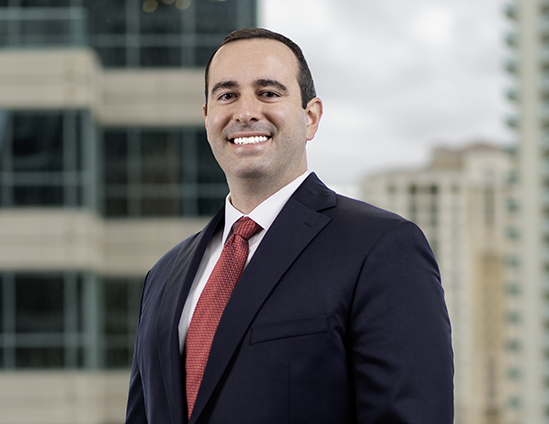Whether it’s establishing the right of gay and lesbian couples to marry, defending the property rights of Fannie Mae and Freddie Mac shareholders, or proving that the federal government’s takeover of a global insurance company was unlawful, our lawyers have been at the forefront of some of the most significant constitutional issues of our time at both the state and federal levels.
With a particular emphasis in resolving business disputes that involve constitutional questions, we represent corporations, trade associations, states, government officials, individuals, and public interest groups, often on a pro bono basis, in diverse challenges to—and defenses of—legislation and state action. The firm’s work in this area frequently involves formulating innovative legal theories, advising clients on the constitutional implications of new legislation, and trying cases in courts across the country. We frequently handle appeals involving constitutional issues, including in the U.S. Supreme Court, and often file amicus briefs as well. Among the lawyers on our team, we count dozens of former clerks in federal and state appellate courts, including former U.S. Supreme Court clerks.
One of the keys to our strength in litigating constitutional cases lies in the fact that we are a firm of trial lawyers. We are especially effective at crafting innovative legal arguments by bringing to bear all available facts in addressing the constitutional principles at stake. For example, when pundits gave us no chance of convincing a federal court that the U.S. government acted illegally when it took an 80 percent equity stake in American International Group (AIG) during the 2008 financial crisis, we did just that. Our unconventional approach won that case against the U.S. Treasury and the Federal Reserve Bank of New York, with a decision that the takeover was an illegal exaction under the Fifth Amendment.
We have handled numerous property rights cases under the Takings Clause, including cases involving the federal government’s misappropriation of trade secrets, its seizure of a savings and loan association, and its elimination of the economic rights of private shareholders in Fannie Mae and Freddie Mac. We have litigated Takings Clause cases against state and local governments, including in a “post-Kelo” case where we obtained a temporary injunction against the termination of outdoor advertising rights.
Our lawyers have litigated numerous First Amendment cases in areas as diverse as campaign finance, advertising and defamation, and we have substantial experience representing states against constitutional challenges – and businesses and pro bono clients bringing such cases – including under the Equal Protection Clause, the dormant Commerce Clause, and the Due Process Clause. We also regularly litigate Supremacy Clause preemption issues.
At the U.S. Supreme Court, constitutional cases that our lawyers have argued include Bush v. Gore and Pennzoil v. Texaco. We were co-counsel for plaintiffs at trial and on appeal in Perry v. Schwarzenegger, the landmark case that invalidated California’s Proposition 8 and guaranteed marriage equality to same sex-couples nationwide.
We successfully challenged the so-called trigger bans immediately prohibiting abortion in Louisiana on the constitutional theories that they were both void for vagueness and an improper delegation of legislative power, winning the first ruling in the nation preserving women’s access to healthcare and blocking the implementation of a state abortion ban after the Supreme Court’s decision reversing Roe v. Wade.
In 2022, a BSF team won a landmark constitutional decision from the Fifth Circuit on behalf of NextEra, finding that a Texas law facially discriminated against interstate commerce by excluding out-of-state competitors, like NextEra, from participating in competitive bidding on transmission projects in the state. The Fifth Circuit’s decision held that Texas Senate Bill 1938, which gave utilities and other existing transmission owners in Texas the exclusive right to build new transmission lines, flouted the dormant commerce clause, disagreeing with an Eighth Circuit opinion that upheld a similar law in Minnesota.










